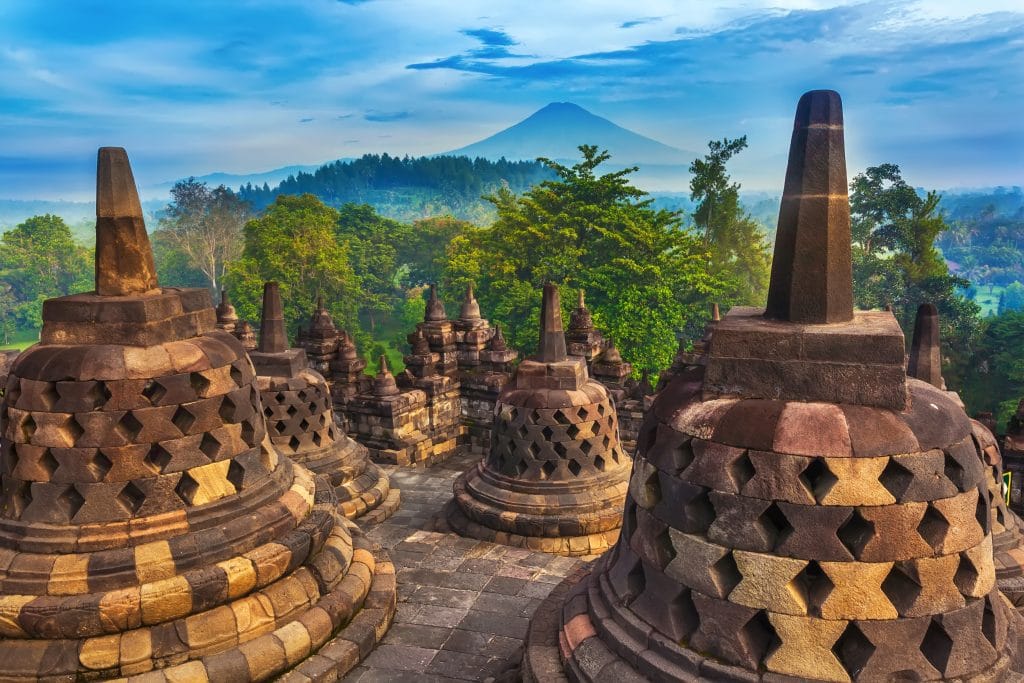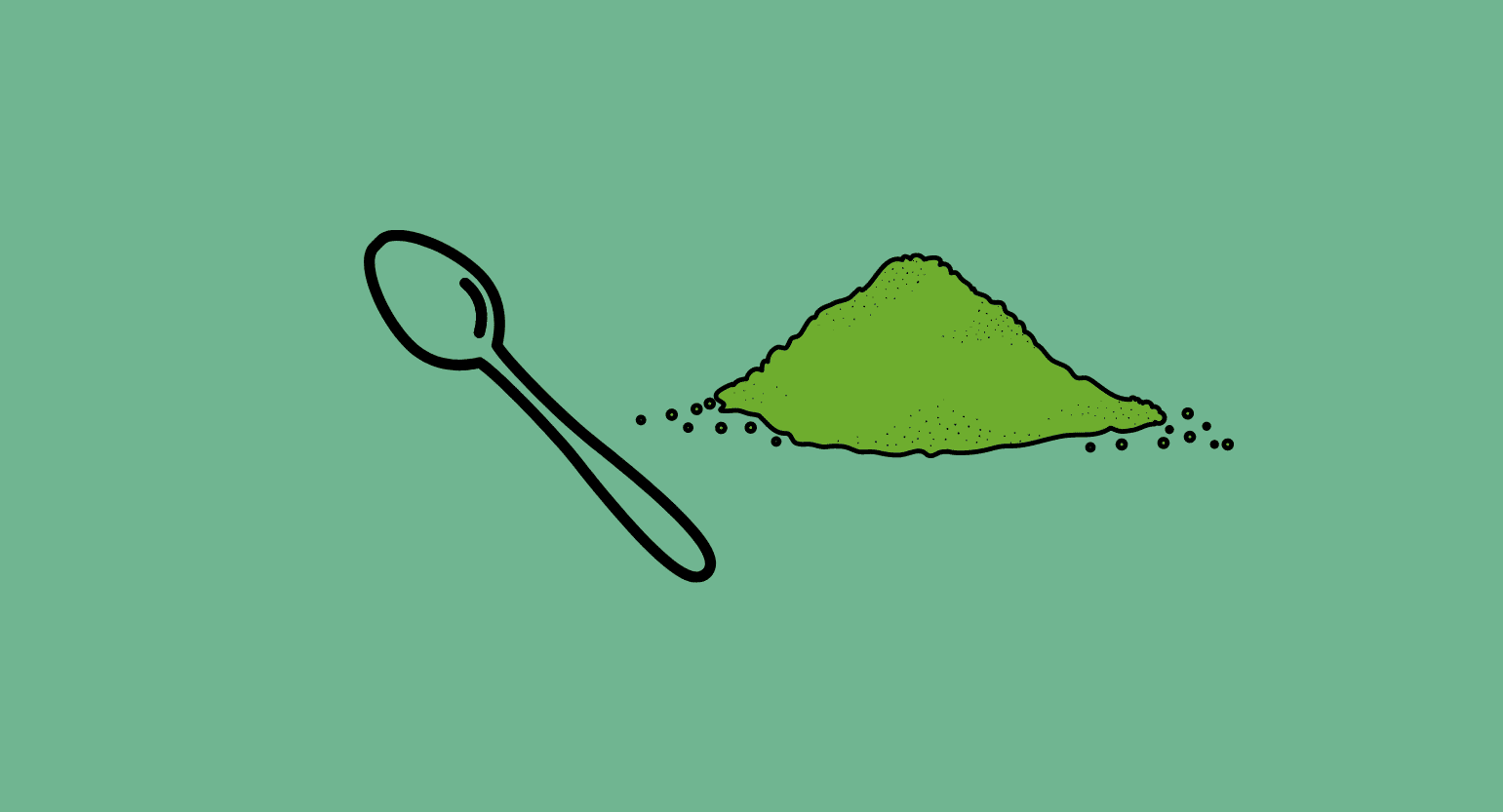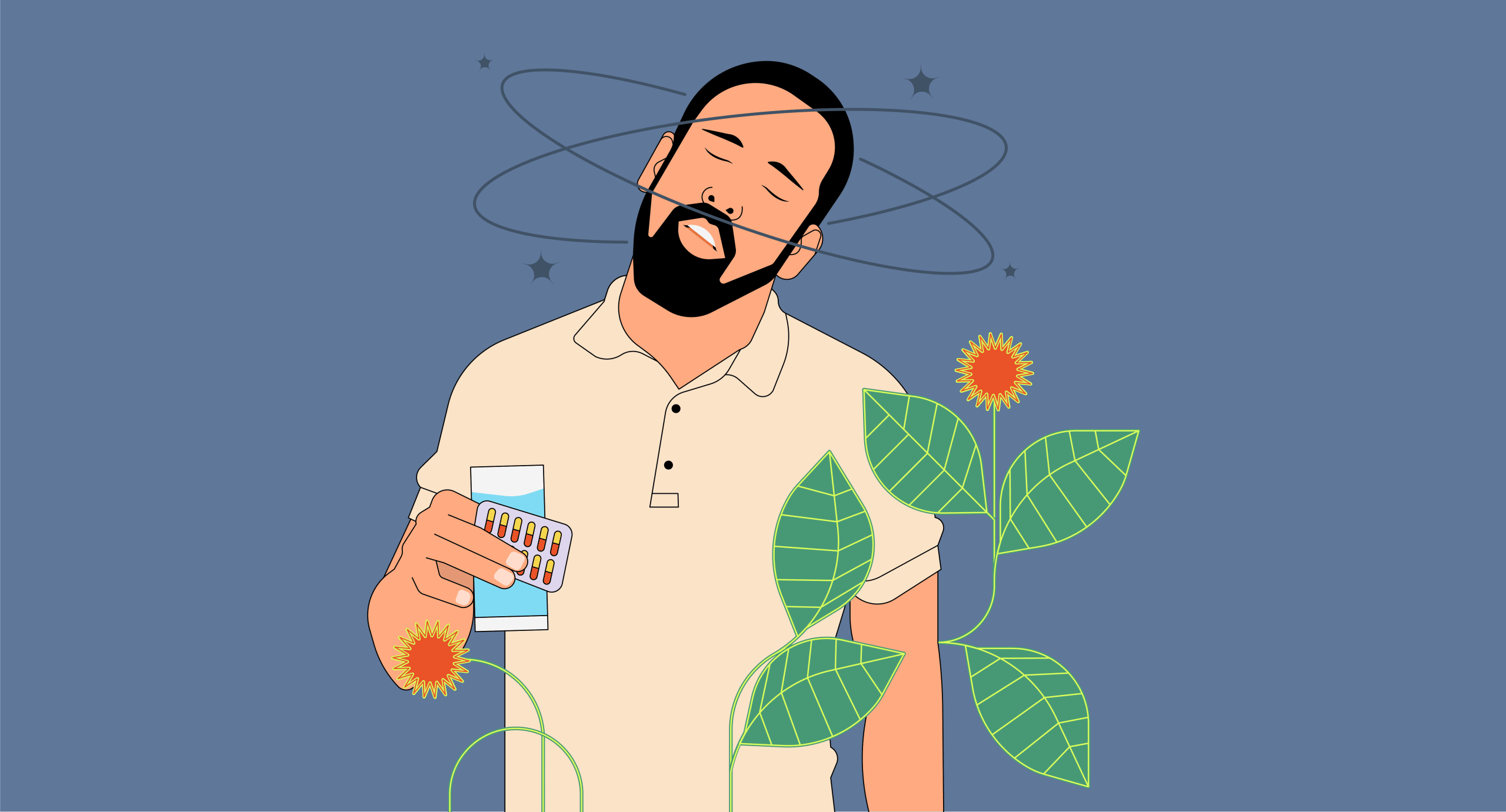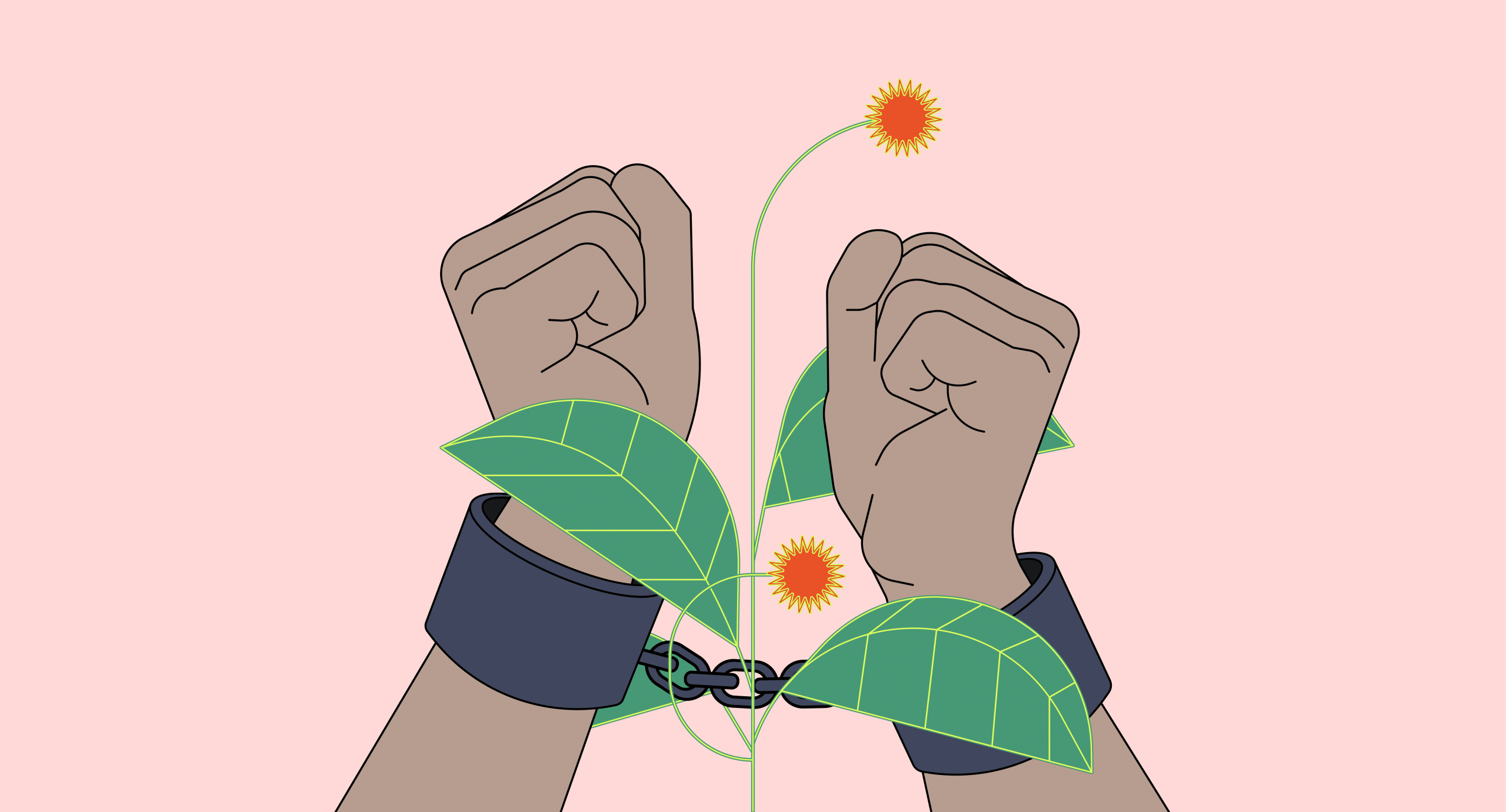Kratom’s Legal Status in Indonesia
The government’s war against kratom might have reached a stalemate in the US, but this doesn’t mean that other threats to the kratom market can’t happen elsewhere. In the last five years, the government of Indonesia, one of the biggest kratom-producing countries, has begun to crack down on kratom. It is rumored that this shift in policy has been driven largely by aggressive lobbying efforts by American agencies like the FDA, although they deny any such involvement.
In 2017 despite heavy opposition by the nation’s kratom farmers and certain sectors of the country’s political class, the Ministry of Health in Indonesia, in conjunction with the National Narcotics Agency (their counterpart to the DEA), announced they were looking to schedule kratom as a controlled substance and that a potential ban might come into effect in 2022. In 2019, they made the decision official. The government heavily emphasized that farmers should use the window to switch to other crops.
This caused quite a controversy in Indonesia as kratom is one of the nation’s biggest cash crops. Additionally, compared to palm oil and rubber, kratom is far easier to produce and much more eco-friendly. For obvious reasons, the kratom ban would imply a substantial economic hit to the country’s kratom industry.
The decision would also imply a systemic shock to the global kratom market. For instance, most kratom shipped to the US is from Indonesia. However, the backlash in Indonesia and across the world seems to be making the government second guess itself, as it has announced that it will be pushing back the proposed ban until 2024.
Not all government agencies are in favor of the ban. The Indonesian Minister of Agriculture has expressed how badly kratom farmers would be affected by this. In August 2020, the ministry issued a decree declaring kratom as a medicinal plant in Indonesia, potentially opening the door to the medical market.

What Happens if Indonesia Bans Kratom?
If the kratom ban in Indonesia does become effective in 2024, there could be a massive shake-up in the kratom market. Kratom demand is only going up, and eliminating the world’s biggest kratom supply would mean many things. For instance, the price of kratom would surely go up.
The law of supply and demand tells us that other suppliers will likely step up to fill in the demand, but things aren’t so simple as all that. This would imply significant investment and production efforts, likely taking time. Up and coming kratom-producing countries like Thailand and Borneo will probably be heavily involved.
For now, we can only keep supporting the work of groups like the American Kratom Organization in their quest to convince Indonesian politicians to keep kratom from becoming illegal.

Response to the Kratom Ban
Several pro-kratom associations like the American Kratom Association have stepped in and provided lobbying efforts on behalf of the kratom industry. They’ve presented leading Indonesian politicians with research that points to kratom’s benefits and its importance to their national economy.
We can only guess whether the government’s kratom ban is legitimate or if it’s just bluffing to try and get kratom farmers to switch crops. Only time will tell.
In the meantime, the kratom market is exploring other solutions. One of the most promising is the country of Thailand. Southeast Asia has a turbulent history with drug enforcement, and Thailand is no exception. However, the government had recently shown a more progressive attitude when it became the first country in the region to legalize medical marijuana and kratom. It then allowed more kratom to be grown on an experimental basis until finally decriminalizing it in 2021.
And now, with the potential ban in Indonesia, Thailand is taking notice of a huge opportunity. The massive export of Thai kratom to cover the gap left by Indonesia would still require more production capability and legislative victories. Still, many leading Thai politicians and statesmen have begun to make precisely that case. One of them is the current Minister of Justice, Somsak Thepsuthin.
Additionally, a recent ruling by the World Health Organization (WHO) declaring kratom as safe bolsters this stance.
These recent developments may be causing a lot of doubt in Indonesia. Ceding the lucrative kratom market to another country is not a good idea in both economic and political terms, even more so when international governmental organizations like the WHO have declared kratom safe.

Kratom’s Difficulties in the United States
The United States government has had its sights set on kratom for a while. In 2016, they made their first big move against kratom when the DEA announced its intention to list kratom as a Schedule I drug in the Controlled Substances Act (CSA). Schedule I is a category supposedly reserved for compounds with no known medical uses and a high potential for abuse.
While still in the opioid epidemic, the public backlash to the announcement — including from politicians — was severe, so the DEA backed off. However, this wouldn’t be the end of it. Next up would be the United Starts Department of Health and Human Services (HHS), which recommended the DEA schedule the primary alkaloids in kratom — mitragynine & 7-hydroxymitragynine — as controlled substances. But once again, the public found out, and the HHS got cold feet.
The attempts to schedule kratom have so far failed, but the FDA is still meddling with the kratom market in a myriad of ways — its failure to regulate the drug being the most egregious.

Is Kratom Safe? Why the Backlash?
If kratom is safe, why are so many governments afraid of it? There could be two reasons there’s such a push against kratom: money and fear of the unknown.
Kratom acts like an opioid but with far fewer side effects. It also has other benefits, like working as a stimulant, sleep aid, pain reliever, and anxiolytic. With so much potential in one plant, there’s no question as to why governments and certain groups (tied to pharmaceutical companies) want it banned.
There’s also relatively little information about kratom. While it’s been used for centuries in Southeast Asia, it’s new to the rest of the world, lacking research. It’s easy for the truth to get twisted, and soon myths replace facts.
What we do know about kratom says it is safe when used responsibly. Anti-kratom groups point to overdose deaths where kratom was detected, but almost every case involves other, more dangerous drugs.
And while kratom is addictive, it is milder than other addictions and easy to avoid. The side effects are short-term and more uncomfortable than anything and are usually due to taking too much.
Is it perfect? No — as we mentioned, safety comes with responsible use. Want to be safe? Never mix kratom with other substances, take as little as possible and when you need it, avoid it for a few days each week, and watch for signs of addiction.
As the WHO acknowledged, kratom is safe and poses no threat to the public.

Conclusion: Will Indonesia Ban Kratom?
The WHO’s decision could go a long way in swaying government opinions on kratom. The public backlash also seems to be effective, to a degree. Considering Indonesia just postponed the ban, it’s easy to believe that maybe they will never implement it. Of course, there’s no guarantee to that.
For now, we can enjoy the delay and use this extra time to apply more pressure with the help of organizations like the AKA. And, with more research on kratom always coming out, maybe the ban will be reversed.









